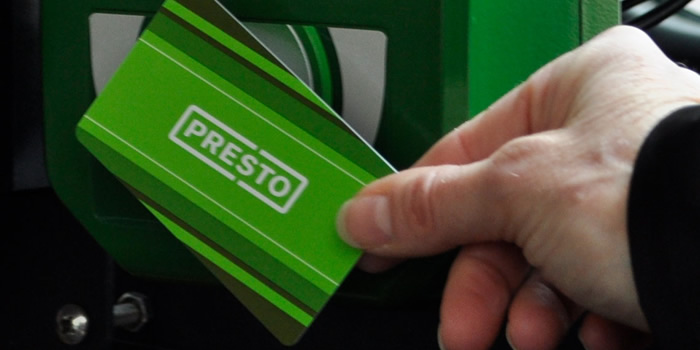
Most people know about joint chequing accounts, but how much do you know about joint credit cards? When you’re the co-signer on a credit card with someone else – your spouse, adult child, cousin, etc. – you’re considered joint borrowers. While joint credit card accounts can make earning reward points easier, it’s important to understand the downsides.
Before cosigning, it’s important to understand your rights and responsibilities by reviewing the credit card agreement. When you co-sign, you could be putting your financial reputation on the line. You won’t just want to co-sign with anyone. You’ll only want to co-sign for someone who you trust. If your co-signer’s spending spirals out of control, not only could you be on the hook for the outstanding balance, your credit score could suffer, too.
The Advantages of Co-Signing on a Credit Card
There are many reasons why you may want to co-sign on a credit card. A joint account can make it easier to track spending without the need manage separate accounts and logins. Most issuers will allow you to combine all spending on one statement to further simplify account management. Another reason to co-sign is to help someone with no credit or poor credit. For example, you can co-sign a credit card for your adult child to help him build his credit score, or you can co-sign for a family member who recently filed for bankruptcy.
The Potential Downsides of Co-Signing on a Credit Card
While your relationship may be in good standing now, and everybody is on the same financial page, nobody has a crystal ball and can predict the future. With about half of marriages ending in divorce these days, it’s important to plan for the worst. If your spouse and you decide to split up and you have a joint credit card, you wouldn’t want your spouse to go on a spending spree and ruin the good credit score you’ve worked so hard to establish. If you co-sign with your adult child, you’ll be on the hook if he decides to buy a new wardrobe at the mall and charges it all on the joint credit card.
How to Close a Joint Credit Card
People close joint credit cards for many reasons – good and bad. Once your adult child has established a good credit score, he can apply for a credit card and start building a credit score on his own. If you have a joint credit card with your spouse and you decide to go your separate ways, you’ll want to close your joint credit card, so you won’t be held responsible for your spouse’s spending.
Unfortunately, sometimes closing a joint credit card isn’t as simple as many would hope – and this is where it can get ugly. If you’re carrying a balance on the credit card, that balance will need to be paid off first before closing the account. If you’re closing a joint credit card due to a marriage breakdown or the end of a relationship, you’ll need to determine who’s responsible for the outstanding balance. You may decide to split the balance down the middle or pay off the portion of the balance related to your purchases. But if one party decides to bail on the debt, you’re both on the hook. The terms and conditions of a joint credit card state both parties are responsible for the debts.
The Bottom Line
Exercise caution when signing up for a joint credit card. Closing a joint credit card can be especially tricky when you’re splitting up with your spouse. The last thing you want to do is ruin your credit score, so keep paying at least the minimum balance even if your spouse and you don’t see eye to eye. It will go a long way in maintaining a good credit score for both of you.




